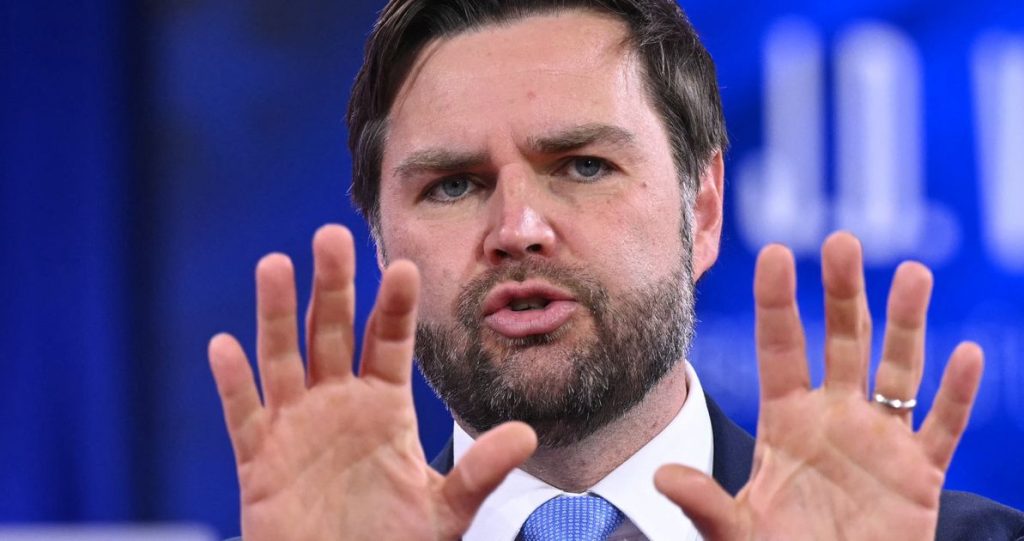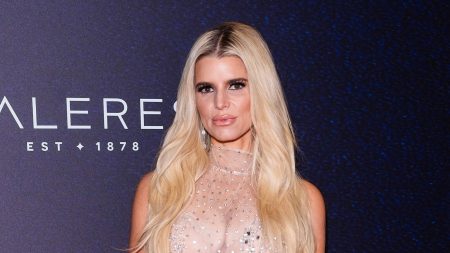Understanding JD Vance’s commentary on masculinity
JD Vance, during his speech at CPAC, sparked significant discussion by addressing what he perceives as attacks on traditional masculinity. He suggested that young men are being discouraged from embracing their masculine traits, such as enjoying a beer or telling jokes. Vance’s remarks were met with considerable criticism on social media, where many argued that his views were outdated and based on stereotypes, emphasizing that true masculinity should include qualities like empathy and kindness.
The Cultural and Political Climate Surrounding Masculinity
Vance’s comments align with a broader narrative promoted by figures like Donald Trump, who often emphasize traditional gender roles. This rhetoric is part of a larger political strategy that portrays men as under threat, with terms like "alpha" and "beta" males being used to categorize supporters and critics. Trump’s policies, such as denying the spectrum of gender, further entrench these views, reflecting a political agenda that seeks to define gender in rigid terms.
The Harm in Vance’s Perspective
Critics argue that Vance’s perspective can be detrimental as it reinforces harmful stereotypes, reducing masculinity to simplistic behaviors like drinking and joking. This narrow view may lead young men to feel confined by traditional roles, potentially stifling emotional growth and diversity in male identity. By framing men as victims, Vance’s rhetoric may contribute to a defensive mindset, hindering the evolution of healthy masculinity.
Expert Insights: The Dangers of Stereotyping
Jillana Enteen, a gender studies expert, highlights the risks of Vance’s approach, noting that it can make men feel victimized and reinforce negative stereotypes like aggression. She points out that such rhetoric contradicts the historical advantages men have had, particularly white men, and can impede inclusivity and equity, especially for transgender and nonbinary individuals.
Broader Implications for Society
The implications of Vance’s and Trump’s rhetoric extend beyond individual identity, affecting societal attitudes toward gender. By dismissing gender diversity, these views marginalize transgender communities and polarize discussions around gender, hindering progress toward inclusivity and understanding.
A Call for Inclusive Understanding of Masculinity
In conclusion, the discourse around masculinity must evolve beyond stereotypes to encompass a broader range of traits. Embracing qualities like compassion and confidence can foster a healthier understanding of masculinity, moving beyond rigid definitions to promote inclusivity and societal progress.















